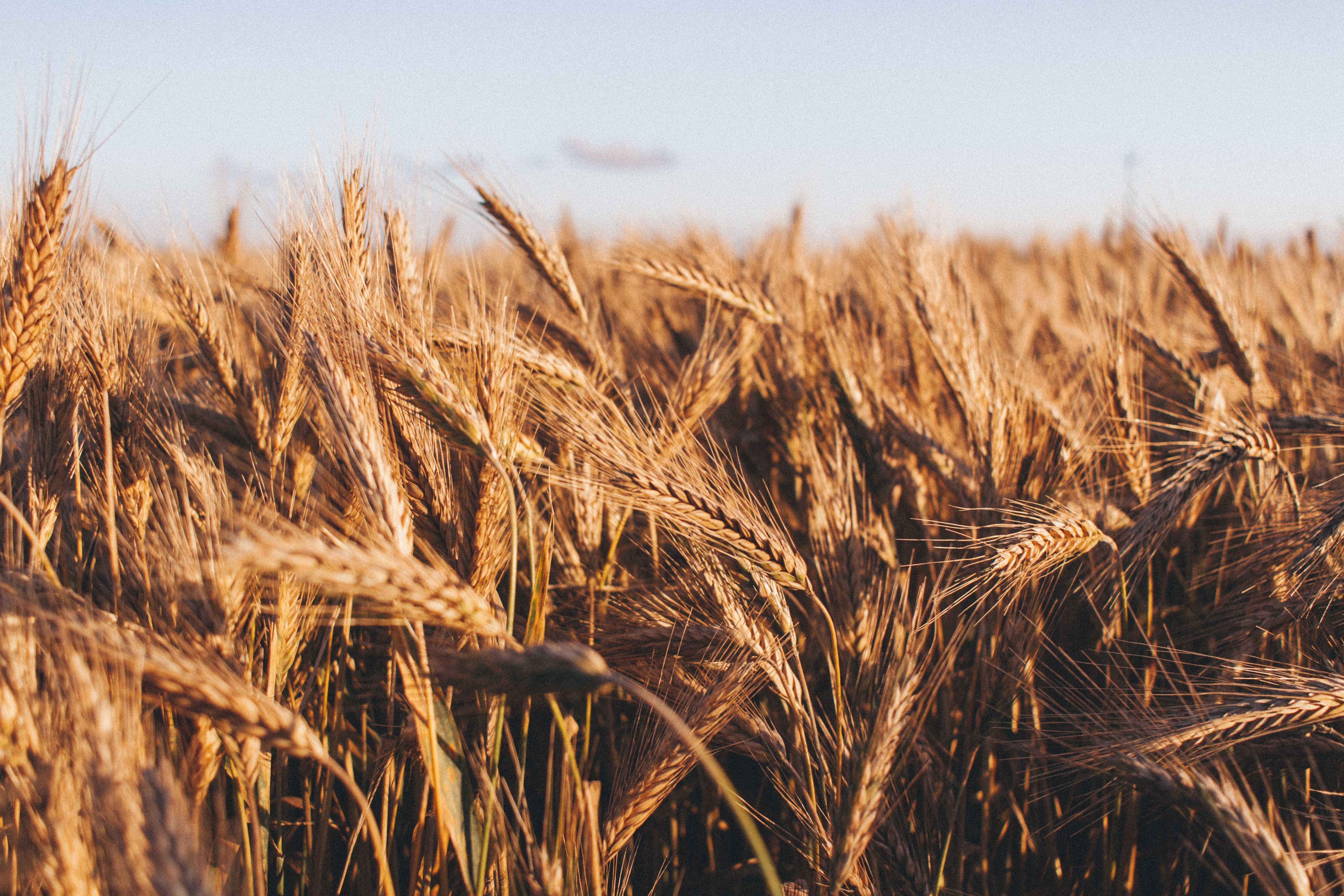About
Climate change is expected to fundamentally alter the natural and economic systems that govern our globally-integrated community. We must think critically about these expected changes—and their ripple effects—to ensure the future resiliency of humankind. While more is known about climate change impacts on food production, very little research is focused on understanding the way climate change will affect food access in the communities that need it most. We investigated how climate change will alter food markets and trade, finding that it will likely become increasingly difficult for some communities to access sufficient food resources.
